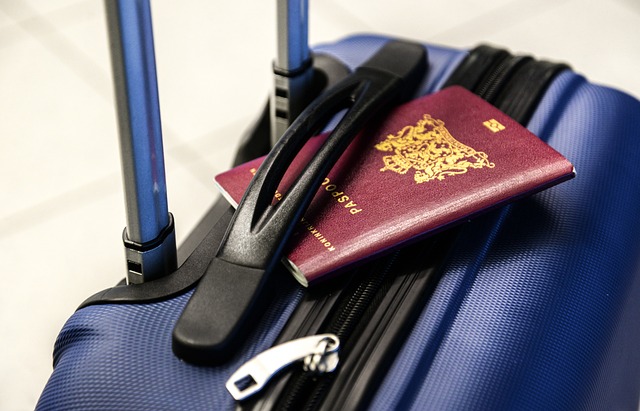

As of 1 January 2024, major changes to the Italian ‘impatriati’ regime will come into effect. A grandfathering rule will be implemented to protect those who moved to Italy by 31/12/2023 under the current rules.
From January, a new favourable regime will be introduced for new tax residents moving to Italy for work purposes. However, this comes with a stricter eligibility criteria.
According to the draft text released by the Italian Authorities, the new regime provides for a 50% tax base reduction in personal income tax, to a maximum income of EUR 600,000. This will act as an incentive to encourage highly skilled workers, researchers and teachers to transfer their residence to Italy.
The current regime, which provides for a 70%/90% tax base reduction for employed and self-employed income, will expire at the end of December 2023 and will only apply to those who establish their residence in Italy by that date. There will be no consequences for those who have already applied under the existing regime as stated by the current rules.
What will be the impact of the new reform? Technically, the changes coming into force in 2024 will provide for a 50% tax break to employed and self-employed workers generated in Italy by the relocated taxpayer. Business income will not be eligible for this benefit and there will be an upper income limit of EUR 600,000.00 per year.
The new eligibility criteria which must be met to benefit from the new ‘impatriati’ regime from January 2024 are more restrictive::
1) The incentive is reserved for highly skilled professionals (Legislative Decree 108/2012 and Legislative Decree 206/2007).
2) Workers must not have been tax resident in Italy in the three tax periods preceding the year of the transfer and must commit to reside in Italy for at least five years (e.g., those transferring in 2024 must not have resided in Italy – as a minimum – from 2021 to 2023 and must remain there until the end of 2028). Under the previous rule, having resided abroad for two years was sufficient.
3) The work activity must be performed in Italy based on a new employment relationship with an entity other than the one on which the worker was employed abroad (or an entity of the same group). Therefore, persons coming to work for the Italian subsidiary of an international group will no longer be eligible.
4) The work activity must be performed for most of the tax period in Italy (and it is easy to imagine that clarification will be needed on how to consider remote working in a foreign country).
5) To benefit from the favourable regime, Italian workers moving back to Italy must be enrolled in the Register of Italians Resident Abroad (AIRE), or alternatively, must have been resident in another State under the double taxation convention, for the three years preceding the transfer.
In contrast, there are no changes to the very favourable flat tax regime for UHNWIs and the pensioner regime. The fact that the changes include a grandfather rule is good news for all those who intend to move to Italy.
*****
Our firm will closely monitor developments in this draft decree which, according to the statement from The Deputy Minister of The Treasury Mr. Leo, will be substantial. If you require assistance in this regard, please contact our professionals in the Relocation and Immigration department.








